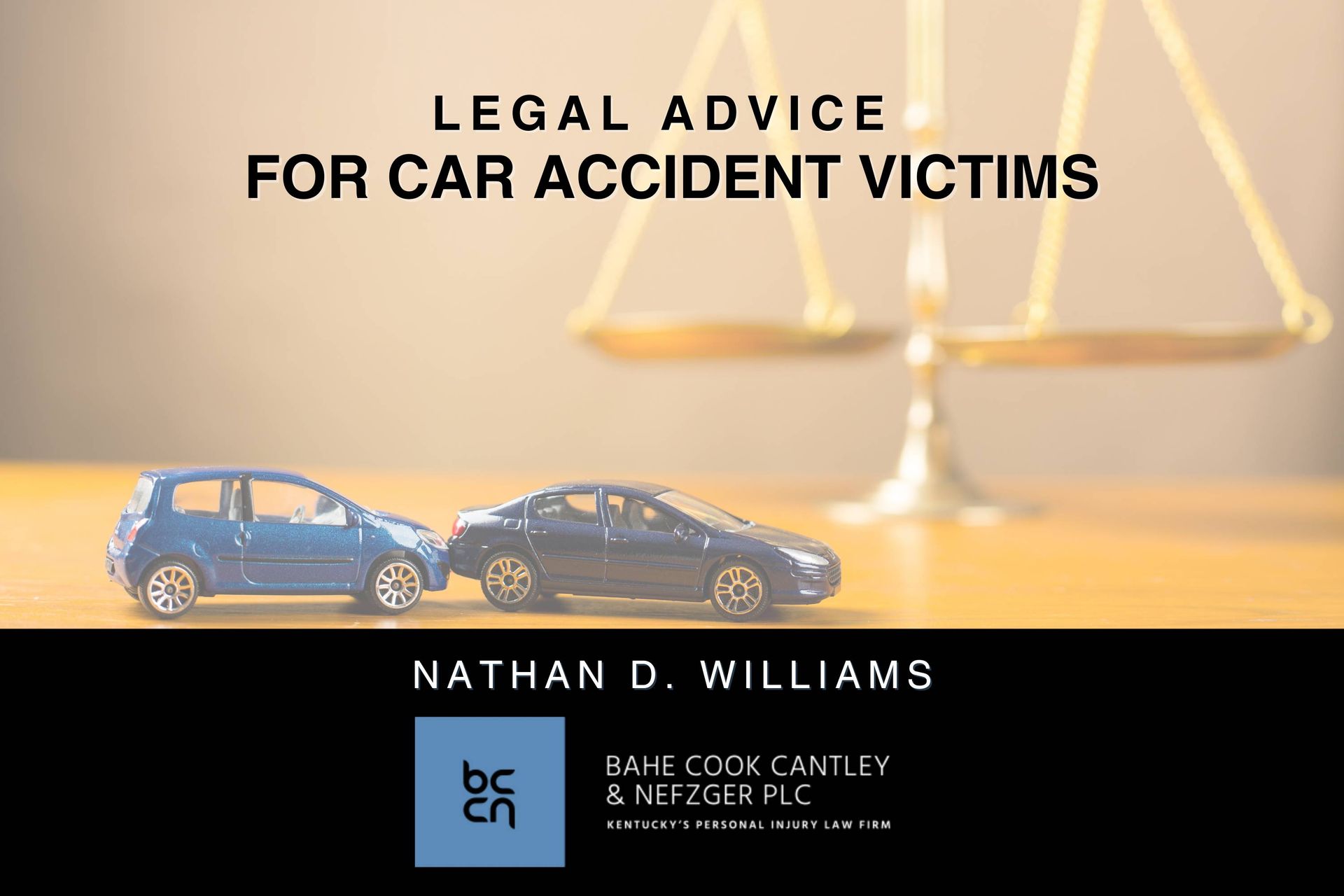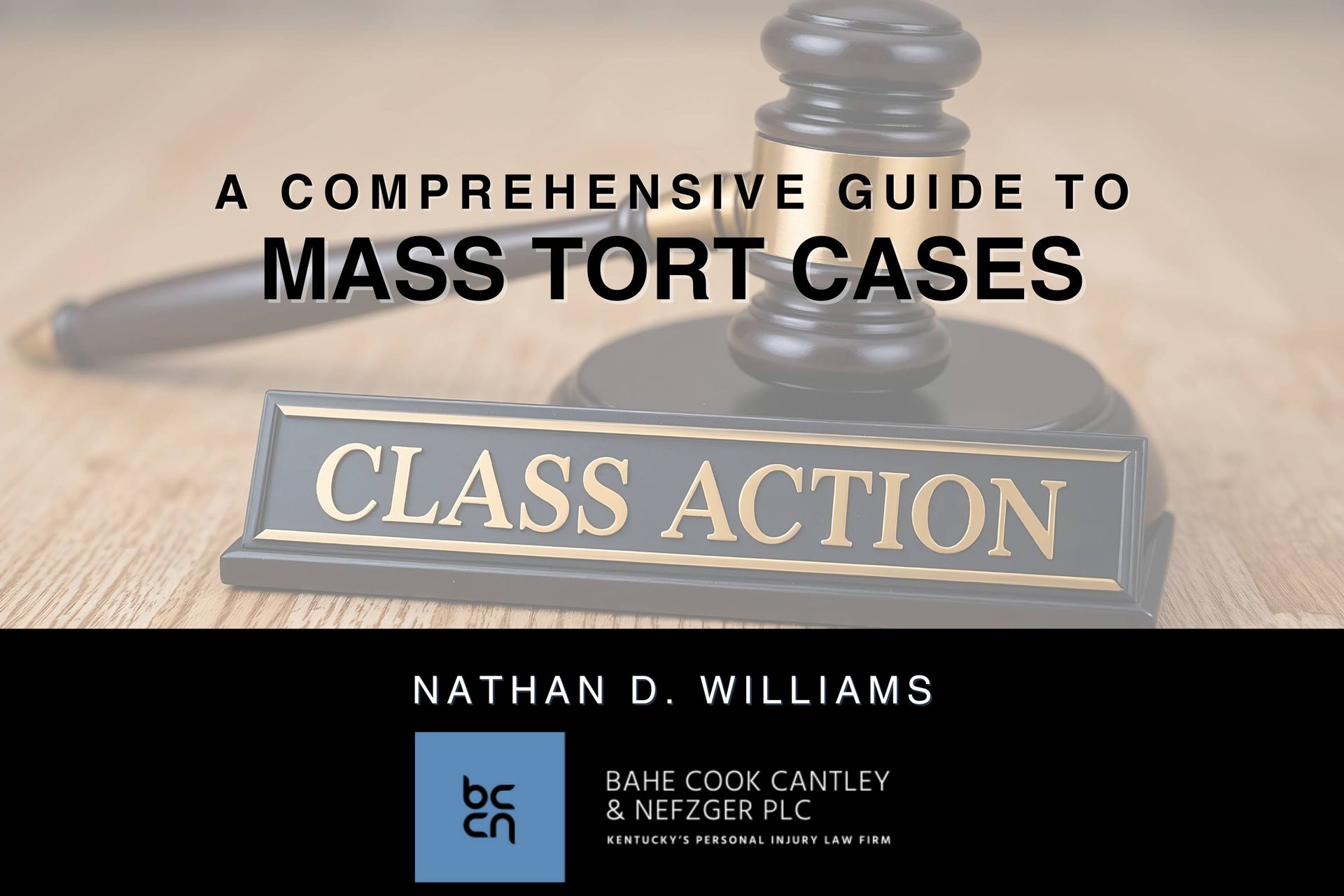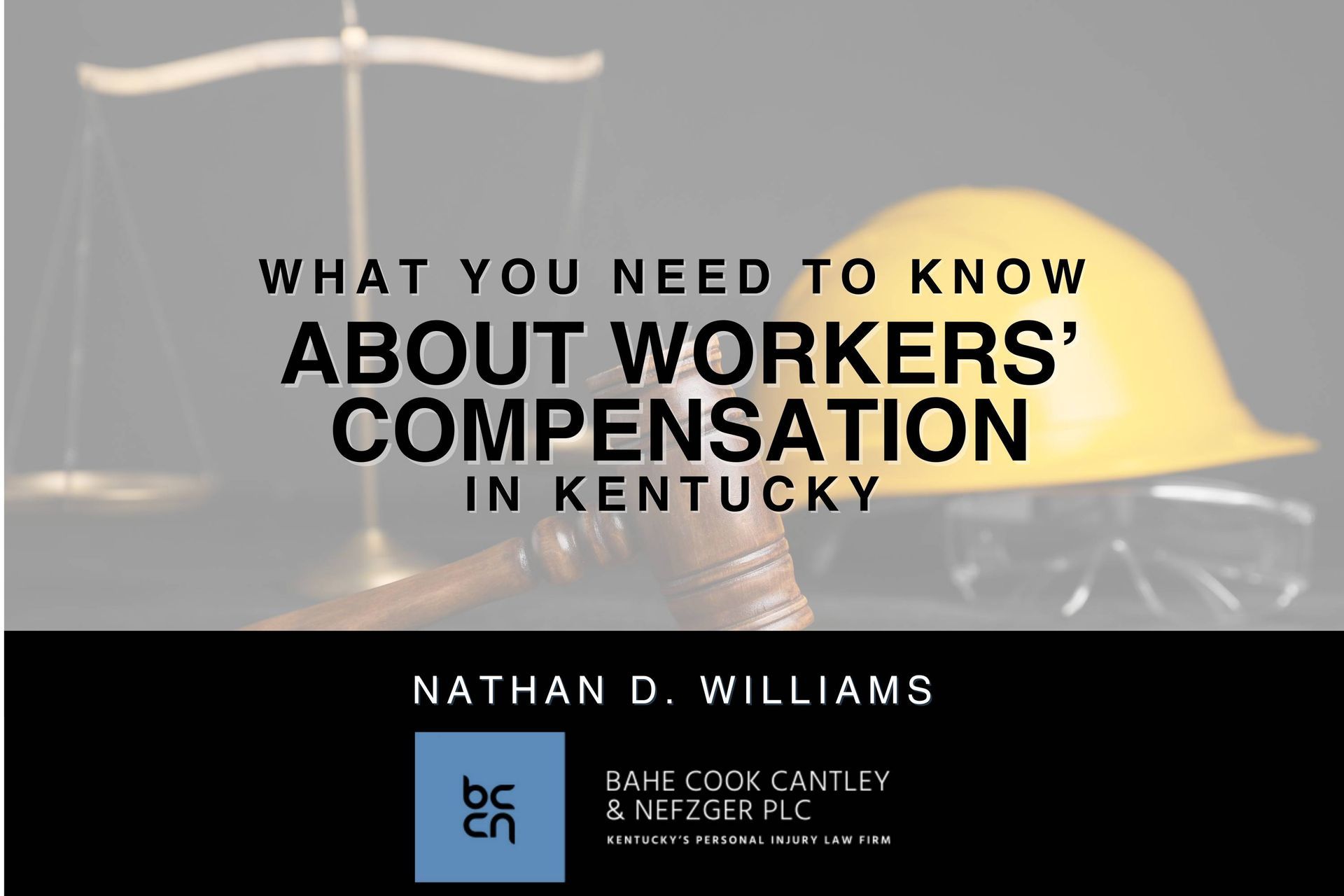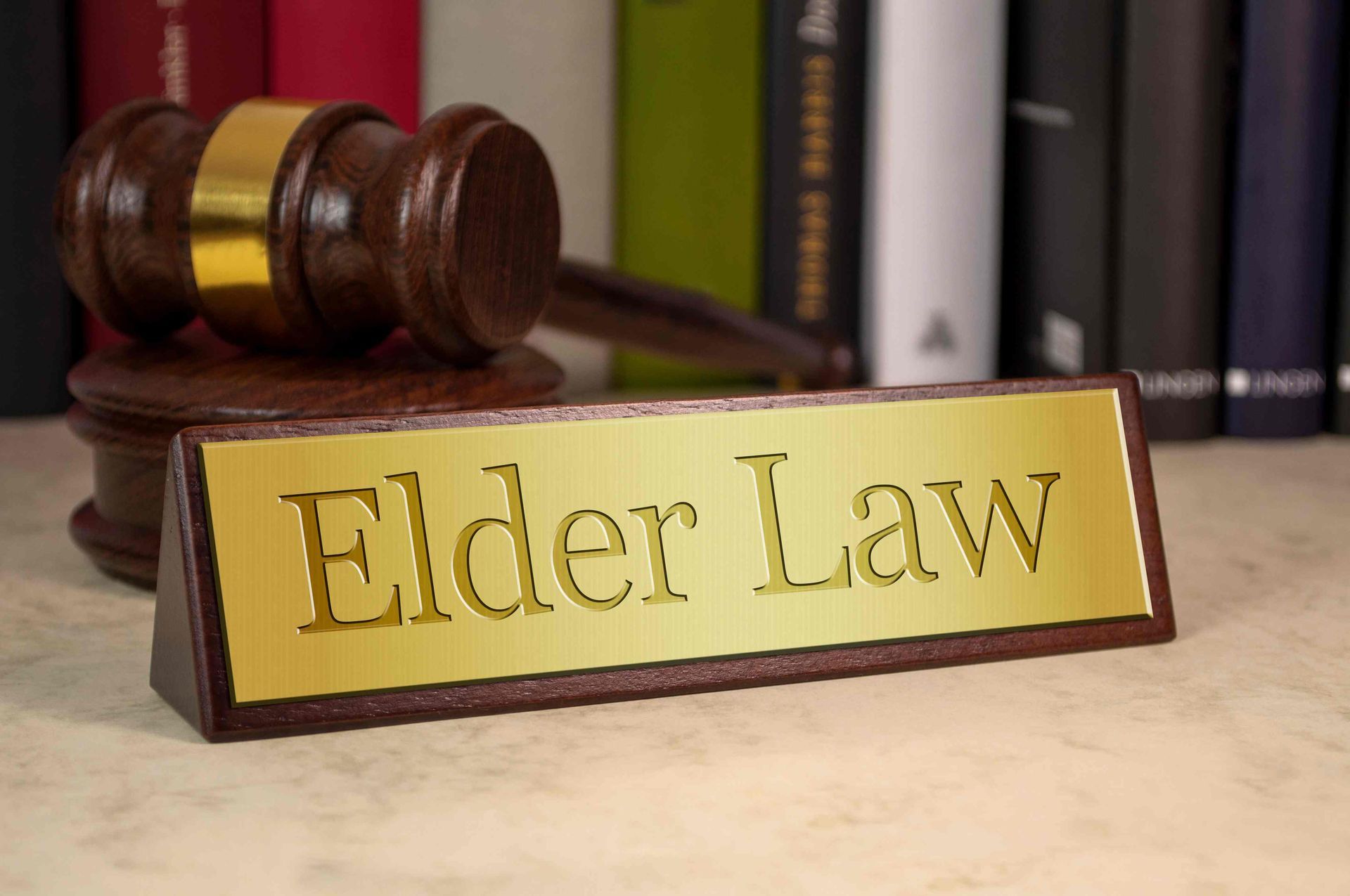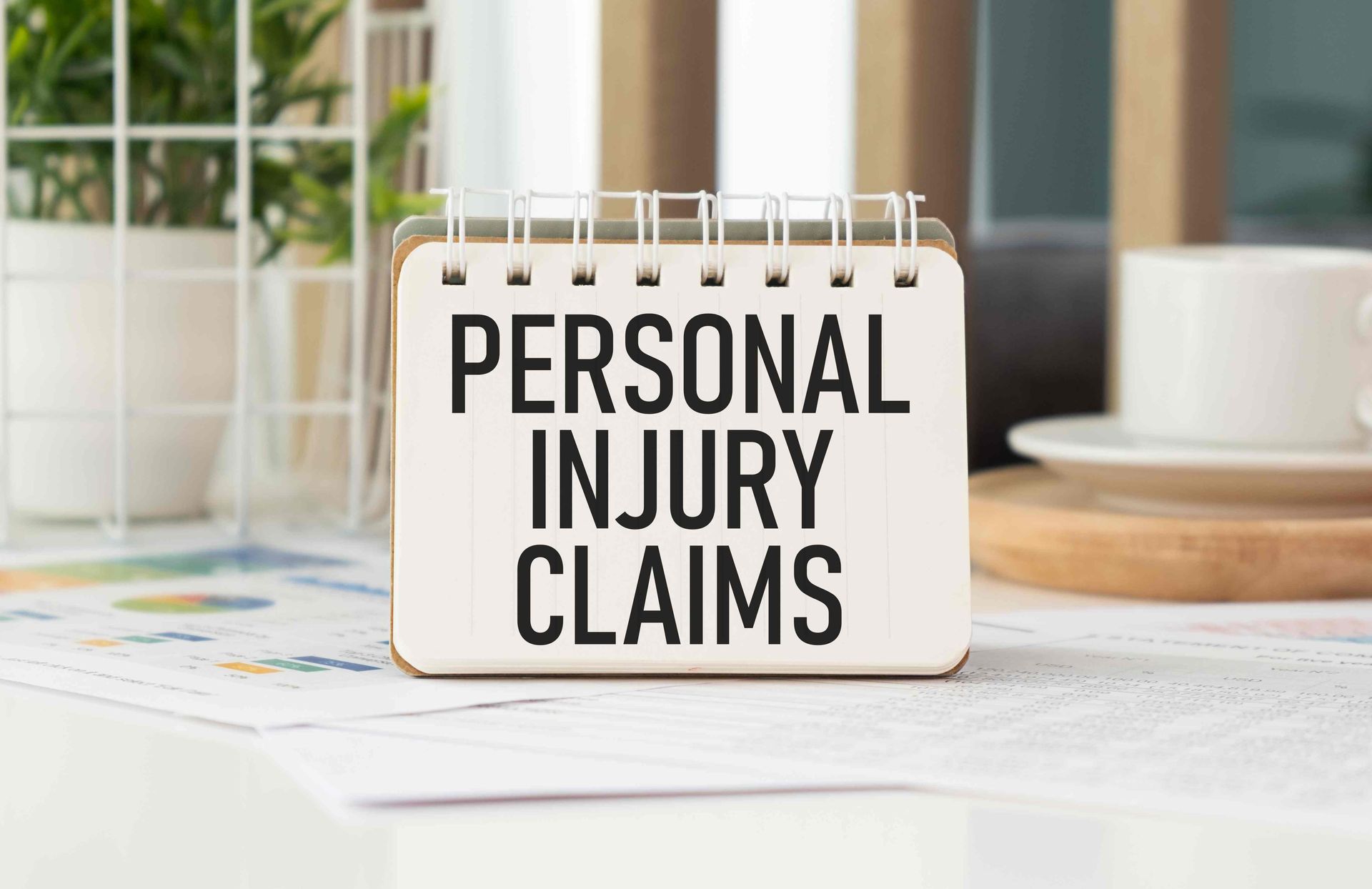Types of Property Damage Claims: What To Do and What To Expect
Property insurance is a necessity for anyone who has real or personal property. It safeguards your property from damage brought on by acts of God and man-made hazards. However, it doesn’t guarantee a payout as insurance adjusters often underestimate the true value of your property to save money.
That’s why you need a trusted legal aid like Nathan D. Williams in your corner.
We’ll explain the importance of hiring an attorney when it comes to property damage claims. But first, let’s familiarize ourselves with the types of property damage claims and the compensation you can expect in the event of damage or destruction to your property.
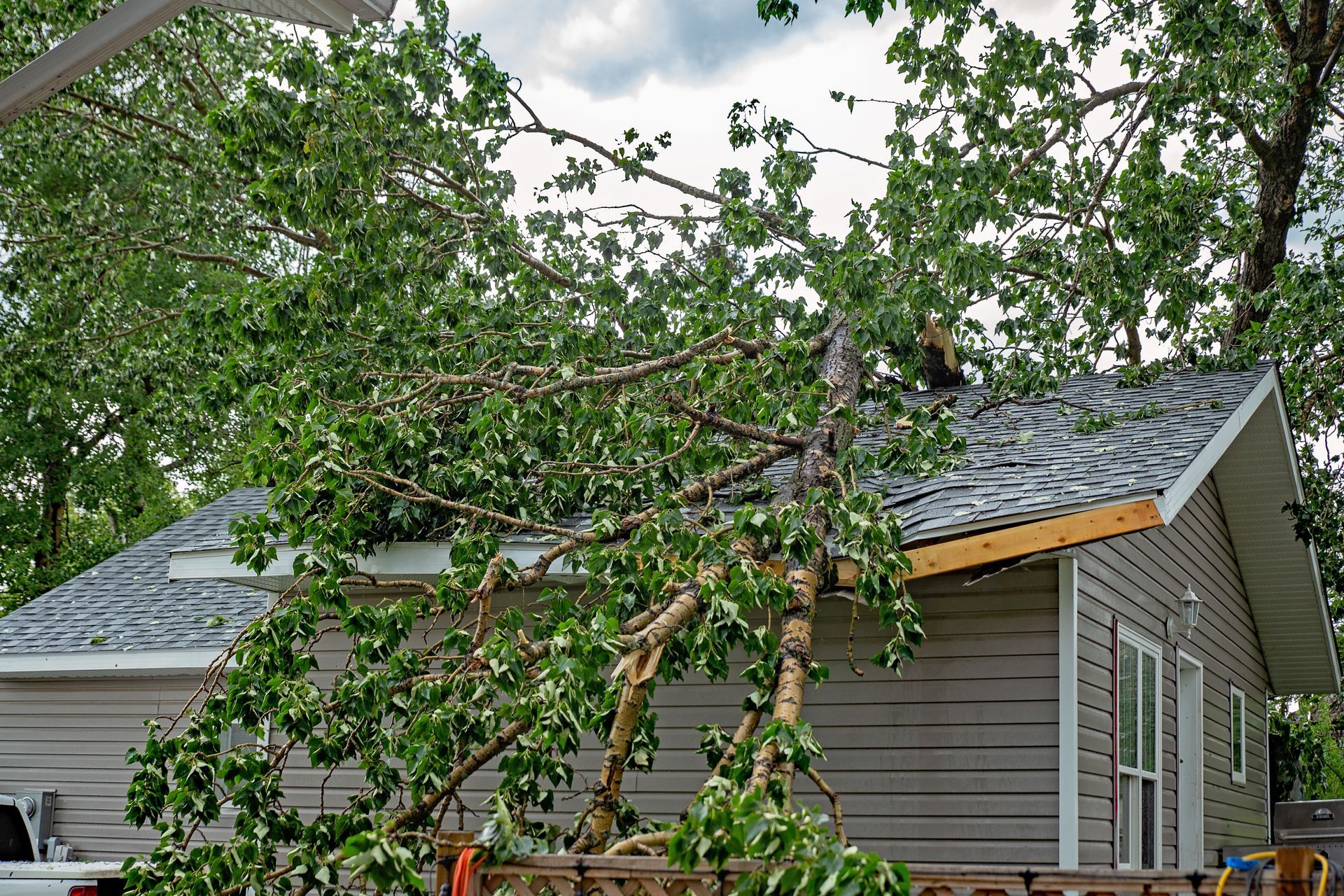
What Is Property Damage?
Property damage refers to “injury to real or personal property through another’s negligence, willful destruction or by some act of nature.” This includes the destruction or damage to your real or personal property that may have resulted in a loss of functionality or negatively affected its financial value. Some examples of damage are vandalism, chemical leaks, the destruction of your home, damage to vehicles from accidents, damage to landscaping, etc.
A property owner can file a claim to seek compensation for the losses incurred.
Types of Property Damage Claims
Legally, property can be divided into two types:
- Real property
- Personal property
The types of property damage claims to real property include damage to real estate (residential and commercial) and the assets attached to it such as trees, swimming pools, and so on. On the other hand, personal property refers to objects that you can take with you like vehicles, furniture, and electronic devices.
Both types of properties can sustain damage. If you have ownership rights to them, you can sue the person who damaged or destroyed them and recover compensation.
What Are the Kinds of Property Damage That Can Occur?
There are two kinds of property damages:
- Ones that occur due to natural causes.
- Ones caused by individuals or companies.
Here are some types of claims you can pursue as property damage:
- Conversion
- Conversion is when the property is damaged intentionally to harm the plaintiff. For example, a person steals your vehicle and damages it beyond repair or sells it.
- In this event, your legal remedies could include the return of the goods or awards equalling the full market value of the affected property at the time of the theft.
- Negligence
- Negligence, defined as the absence of reasonable care, is a common cause of property damage. If someone is negligent or their unreasonable conduct results in harm being done to your property, you can file a tort claim and recover compensation by way of damages.
- To prove negligence, you must establish that:
- The defendant owed you a duty of care.
- The defendant’s actions were below the accepted standard of care.
- The defendant’s actions directly caused damage to your property.
- You suffered losses due to the resulting property damages.
- If you can prove any of these, you’ll be entitled to compensation for losses you incurred.
- Trespass To Land
- Trespass to land is defined as an “unjustifiable interference with land which is in the immediate and exclusive possession of another.” This common law tort is actionable as-is. No further proof of damage is required, but you must show that the defendant entered the property voluntarily and intentionally without lawful justification.
- Trespass To Chattel
- Trespass to chattels, alternatively called trespass to goods, refers to the defendant’s wrongful interference with the plaintiff’s personal property. For example, if your roommate took your laptop without your express permission and caused substantial interference in your daily life by doing so, you can file a claim against them.
What Are Your Rights When Your Property Is Damaged?
If your property is damaged, here are some ways you can recover compensation for your losses:
- Go After the At-Fault Party
- You can make a claim against the person (their auto insurance carrier to be more precise) who damaged your property. For example, if a driver was involved in a hit-and-run accident with another vehicle. The owner of that other vehicle can hire a lawyer to pursue a claim, prove negligence, and collect damages for repairing or replacing their damaged vehicle.
- Raise a Claim with Your Insurance Company
- If the damage to your property was caused by natural calamities like high winds, hail storms, hurricanes, tornadoes, or water damage, your insurance company will pay you if it’s included in your policy. Similarly, if someone vandalizes your property or steals it, your insurer will provide compensation as long as it’s covered.
- Of course, there are exceptions.
- For example, accidental fires and fires caused by lighting are covered by insurance, but if it’s brought on by personal negligence, insurance won’t cover the losses or damages.
How Much Is Your Property Damage Claim Worth?
Determining the value of your property damage claim can be tricky. Many factors go into calculating your compensation, such as:
- Your level of fault (if any)
- Scope of insurance coverage
- The type and severity of property damage
- Contract provisions and how they affect repairs
- The cost of accommodating and dining (if the space is uninhabitable)
- Subjective damages like loss of income, loss of use, and emotional distress
The aggregator will also look at the value of the property at the time of the damage and determine the amount required to repair or replace it. If it’s on the high-end, they will “total” the item and pay you its fair market value—but that’s if they accept liability.
Is There a Deadline for Filing Property Damage Claims?
Yes, there is but it varies from state to state. According to the revised Statute of Limitations in Kentucky, you can file a claim for damage to real property within 5 years (section 413.120) and for damage to personal property within 2 years (section 413.125) from the time the cause of action accrued.
Should You Hire an Attorney for a Property Damage Claim?
Adjusters are loyal to the companies that employ them. They will try to lowball you at every opportunity. If you’re not familiar with all the relevant facts in your insurance policy, they could succeed. And then you’ll have to pay for any remaining expenses out of pocket which can be a pain in this economy.
But, that’s not a problem you’ll face if you reach out to an experienced attorney. Legal professionals can help you with your claim by:
- Analyzing the damage done to your property or possession
- Conducting extensive research to assess the true value of the claim
- Identifying, collecting, preserving, and presenting valuable supporting evidence
- Working with expert witnesses to establish technical matters and clarify facts
Bottom line? They’ll help you create an airtight case so you can recover the maximum possible compensation. As much as possible, they’ll try to settle out of court. If they feel you’re being cheated or if the insurance company refuses to pay for the damages you’ve incurred, they’ll advise you to take the case to court. But don’t worry because they can manage these intricacies for you from end to end.
Have Questions? Connect With Bahe Cook Cantley & Nefzger PLC
Property damage claims take time and patience. If it isn’t done right, you might not receive compensation or you might receive an inadequate amount.
If you recently experienced property damages, reach out to Bahe Cook Cantley & Nefzger PLC. We’ll help you navigate the complexities of insurance claims with our years of experience and expertise. We specialize in all types of property damage claims and will ensure you get the full amount you’re entitled to.

